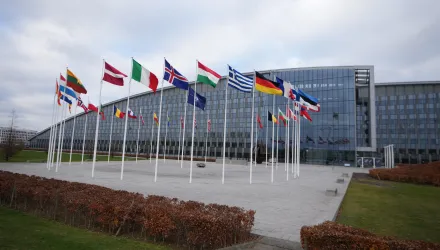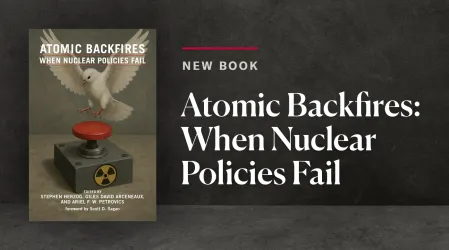American Political Science Association Annual Meeting, Chicago, Illinois, August 29–September 1, 2013
Abstract
This paper studies under what conditions the U.S. can coerce its allies to forgo nuclear weapons. Specifically, why did Taiwan and South Korea give up their nuclear pursuits under American duress, while Israel and Pakistan attained a nuclear capability? The existing theoretical perspectives explain why some countries are resolved to pursue nuclear weapons, but they do not illuminate why some states successfully get from the motivation to build the bomb to an operational nuclear weapon and others do not.
The key finding is that denial, not punishment, succeeds in stopping and reversing allied nuclear programs. Coercion by demoralization (e.g., inspections) can be particularly effective, and the U.S. has an easier time enforcing this measure against highly-dependent allies than against low-dependence allies. Washington may not have to offer incentives to highly-dependent allies, and it can instead simply force them into submission. Low-dependence allies will not respond to either non-military rewards (e.g., economic and technological offers) or limited military reassurance (military aid) alone. Likewise, the U.S. cannot stop such allies by either (or both) full-scale punishment or limited denial.
Kogan, Eugene. “Coercing Allies: Why Friends Abandon Nuclear Plans.” August 2013





